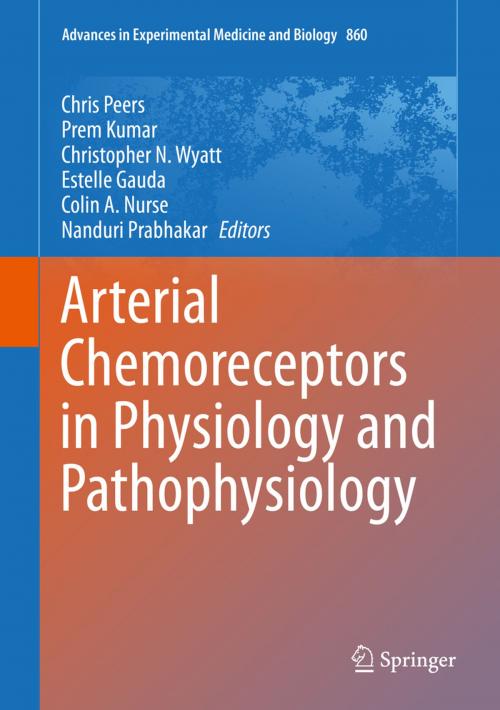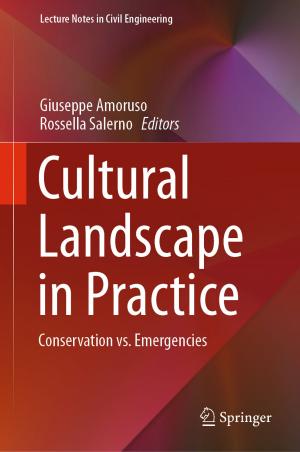Arterial Chemoreceptors in Physiology and Pathophysiology
Nonfiction, Health & Well Being, Medical, Medical Science, Physiology, Pharmacology| Author: | ISBN: | 9783319184401 | |
| Publisher: | Springer International Publishing | Publication: | August 24, 2015 |
| Imprint: | Springer | Language: | English |
| Author: | |
| ISBN: | 9783319184401 |
| Publisher: | Springer International Publishing |
| Publication: | August 24, 2015 |
| Imprint: | Springer |
| Language: | English |
Every three years, the International Society for Arterial Chemoreception (ISAC) arranges a Meeting to bring together all of the major International research groups investigating the general topic of oxygen sensing in health and disease, with a prime focus upon systemic level hypoxia and carotid body function. This volume summarises the proceedings of the XIXth meeting of the Society, held in Leeds, UK during the summer of 2014. As such this volume represents a unique collection of state of the art reviews and original, brief research articles covering all aspects of oxygen sensing, ranging from the molecular mechanisms of chemotransduction in oxygen sensing cells such as the carotid body type I cells, to the adverse, reflex cardiovascular outcomes arising from carotid body dysfunction as seen, for example, in heart failure or obstructive sleep apnoea. This volume will be of tremendous interest to basic scientists with an interest in the cellular and molecular biology of oxygen sensing and integrative, whole organism physiologists as well as physicians studying or treating the clinical cardiovascular consequences of carotid body dysfunction.
Every three years, the International Society for Arterial Chemoreception (ISAC) arranges a Meeting to bring together all of the major International research groups investigating the general topic of oxygen sensing in health and disease, with a prime focus upon systemic level hypoxia and carotid body function. This volume summarises the proceedings of the XIXth meeting of the Society, held in Leeds, UK during the summer of 2014. As such this volume represents a unique collection of state of the art reviews and original, brief research articles covering all aspects of oxygen sensing, ranging from the molecular mechanisms of chemotransduction in oxygen sensing cells such as the carotid body type I cells, to the adverse, reflex cardiovascular outcomes arising from carotid body dysfunction as seen, for example, in heart failure or obstructive sleep apnoea. This volume will be of tremendous interest to basic scientists with an interest in the cellular and molecular biology of oxygen sensing and integrative, whole organism physiologists as well as physicians studying or treating the clinical cardiovascular consequences of carotid body dysfunction.















